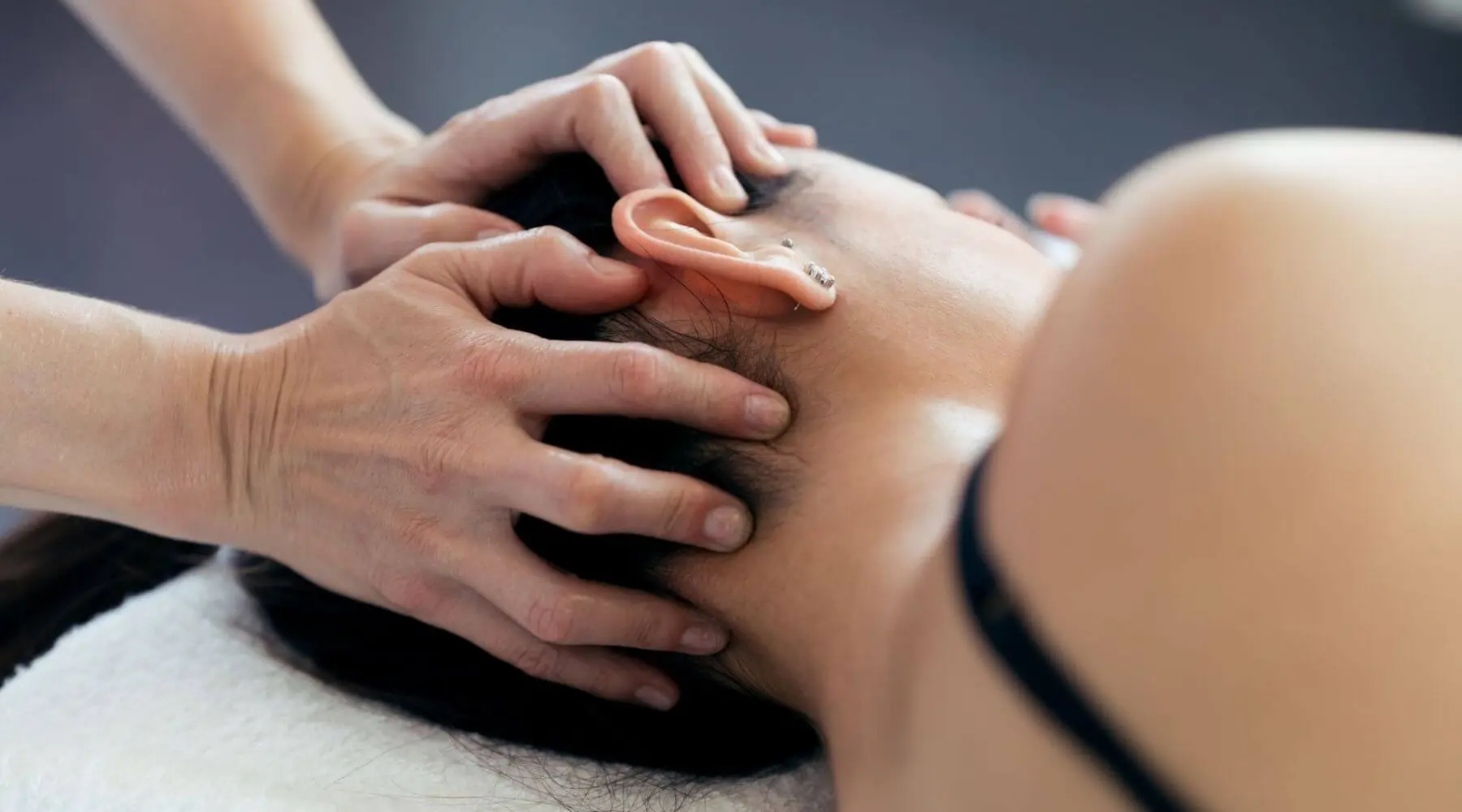Neurological Physical Therapyin Connecticut, Maryland, Massachusetts, & New York
At MOTION, we specialize in the treatment of concussions, headaches, neurological conditions, and vestibular disorders.* We focus on each patient’s unique needs, using a personalized approach to support your recovery.
Our services are designed to treat head injuries caused by sports, falls, motor vehicle accidents, and other trauma. We also address a wide range of neurological conditions, including:
- Concussions (acute, persistent, and long-term symptoms)
- Post-concussion syndrome (PCS)
- Chronic headaches and migraines
- Vestibular disorders* (dizziness, vertigo, and balance issues)
- Neurological conditions such as Parkinson’s disease, multiple sclerosis (MS), traumatic brain injury (TBI), and stroke
Our physical therapists conduct comprehensive baseline testing using evidence-based outcome measures to evaluate memory, attention, reaction time, balance, and visual and vestibular function. We also perform detailed musculoskeletal assessments to identify any cervical spine or neck issues that may contribute to headaches and concussion symptoms.
We offer a full range of evidence-based treatments tailored to your needs, including:
- Graded aerobic exercise programs to restore blood flow and circulation after a concussion or neurological injury.
- Vestibular rehabilitation therapy (VRT)* to address vertigo and dizziness.
- Manual therapy and targeted exercises to relieve headaches and improve cervical spine alignment and posture.
- Personalized neurologic physical therapy programs, including gait training and balance exercises.
- Holistic care that includes guidance on diet, sleep hygiene, and stress management to support overall well-being.
Our team is dedicated to delivering expert care for all neurological conditions. We proudly serve patients in New York, Maryland, Massachusetts, and Connecticut, helping you return to your daily activities, sports, and work. Contact us today to schedule an appointment at one of our locations.
*Note: Neurological conditions are treated at select locations.

